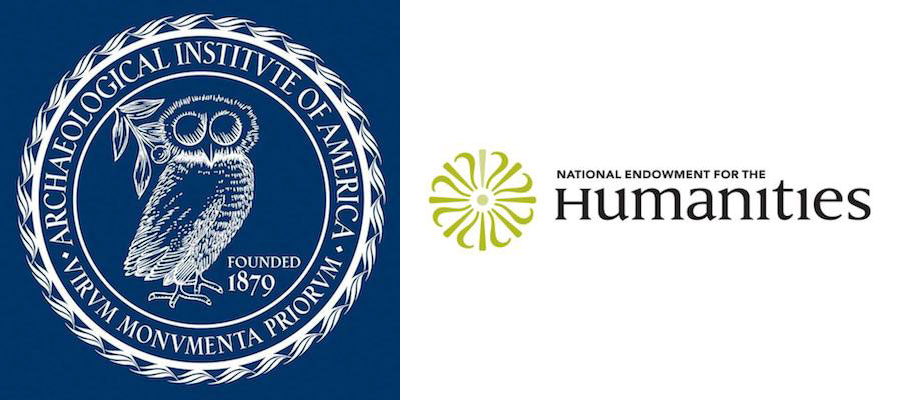The Archaeological Institute of America (AIA) and the National Endowment for the Humanities (NEH) are excited to announce a new AIA-managed competitive grant program to support individuals conducting archaeological research around the world. The AIA-NEH Grants for Archaeological Research will provide multiple small grants for traditional fieldwork and also for post-fieldwork studies that are essential for the creation of comprehensive publications but are often unfunded. The program will benefit a wider selection of excellent projects, help to fill a funding gap at lower to medium levels, and broaden the impact of NEH funding by providing financial support to more projects.
Applicants for the AIA-NEH Grants for Archaeological Research do not have to be AIA members but must be U.S. citizens or residents of the United States for the three years preceding their application submission. They may be working in any region of the world or time period, provided that their projects have a demonstrably humanistic core of methods and goals; answer humanistic questions; and are of significance to the Humanities (e.g., historical archaeology, classical archaeology, art historical archaeology, epigraphy, etc.).
The program offers two types of grants:
- Small grants up to $15,000 for post-fieldwork research and publication preparation for projects having a crucial need for post-fieldwork study that will lead to publication. The activities that qualify for these grants are study seasons that might involve travel to collections, ground-truthing, etc.; laboratory work, such as radiocarbon dating, archaeobotanical analysis, etc.; documentation that might include artifact illustration, work with GIS or databases, etc.; and research on “legacy data” from unpublished projects (defined as data from a project unpublished at least 10 years after the completion of fieldwork), leading toward final publication. Publication subventions are not, however, eligible for these grants.
- Larger grants up to $50,000 for fieldwork. Fieldwork grants will be ideal as seed money for new or experimental projects, as partial funding for a project with additional but insufficient sources of support, or for a project that can run on a modest budget. “Fieldwork” is defined mainly as excavations and traditional pedestrian surveys, though alternative types of survey, such as geophysical, geospatial, or ethnoarchaeological, will be considered.
The grants described above will be awarded to individuals. The term of the grant will be one year. Recipients may request that their institutions administer the grant on their behalf but grant money cannot be used for indirect costs or institutional overhead.
